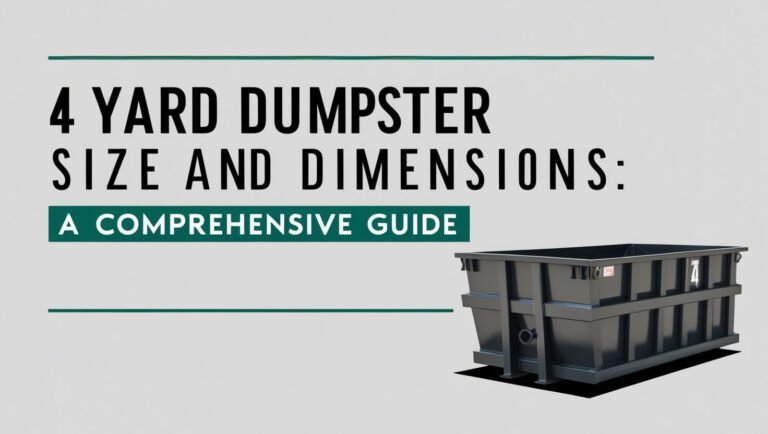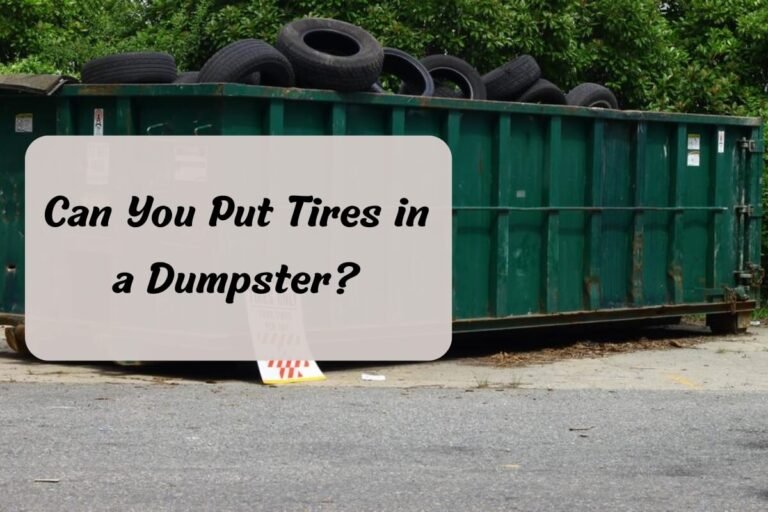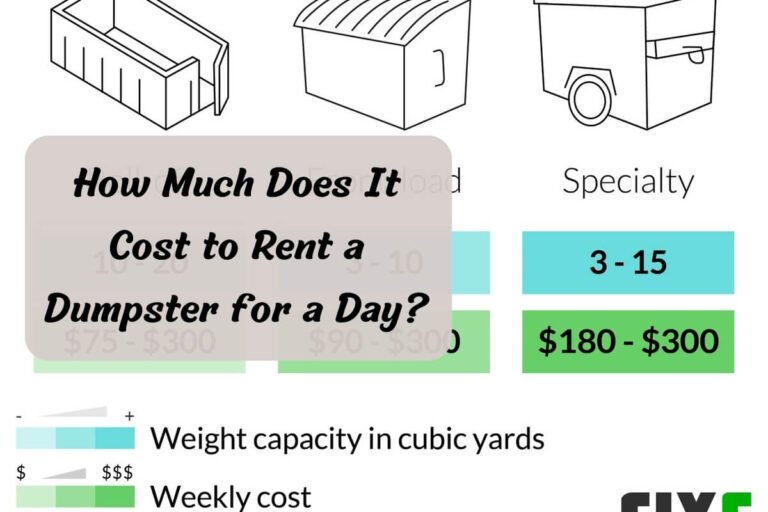When is the Best Time to Dumpster Dive?

The best times to go dumpster diving are Tuesdays and Fridays, late evenings or early mornings, the end of the month, after major holidays like Christmas and Black Friday, and the end of the school semester. Timing is crucial for successful dumpster diving as it determines the types and quantities of items you’ll find in dumpsters.
This post shares the optimal days, times, and seasons for dumpster diving, along with tips for maximizing your haul and staying safe. Whether you’re looking to furnish your home, stock up on food, or simply reduce waste, this guide will equip you with the knowledge to become a savvy dumpster diver.
Best Days of the Week for Dumpster Diving
Tuesdays and Fridays are widely considered the best days of the week for dumpster diving, especially near commercial establishments like grocery stores, retail outlets, and electronics shops. This is because most businesses follow a standard restocking schedule, with new merchandise arriving on these two days.
On Tuesdays, many stores restock their apparel and non-perishable goods, while Fridays are typically dedicated to replenishing food supplies. As a result, dumpsters behind these businesses are likely to be overflowing with discarded packaging, damaged goods, and expired products after the restocking process.
For example, a dumpster behind a clothing retailer might contain slightly torn or stained garments, while a grocery store dumpster could yield perfectly edible (but past the sell-by date) canned goods, baked items, or produce.
Case Study: A Successful Tuesday Dive
To illustrate the potential of Tuesday dumpster diving, consider the experience of Sarah, an avid diver from Chicago. One Tuesday evening, she decided to check the dumpsters behind a popular electronics store in her neighborhood.
“I hit the jackpot!” Sarah exclaimed. “They had just restocked their inventory, and the dumpster was filled with opened boxes and discarded packaging. After some digging, I found a brand-new laptop with a minor scratch on the casing, a couple of speakers, and a few video game controllers – all in perfect working condition!”
Sarah’s story exemplifies the potential treasures that await patient and persistent dumpster divers on Tuesdays and Fridays.
Best Times of Day for Dumpster Diving
While Tuesdays and Fridays are prime dumpster diving days, the time of day can also significantly impact your success rate. Late evenings or early mornings are generally considered the best times for dumpster diving, as these periods offer several advantages.
In the late evening hours, most businesses have closed for the day, and employees have discarded any unwanted items or excess inventory. This means the dumpsters will be freshly filled with potentially valuable finds. Early morning dives, on the other hand, allow you to beat the crowds and scavenge the previous night’s discards before others have a chance to pick through them.
Additionally, diving during these quieter times minimizes the risk of being caught or questioned by employees, customers, or passersby. It’s also safer to navigate dimly lit areas with a good flashlight or headlamp in the early morning or late evening hours.
Consider Business Operating Hours
When planning your dumpster diving expeditions, it’s essential to consider the operating hours of the businesses you’re targeting. For example, restaurants and bakeries are often excellent sources for discarded food items, so diving shortly after they close for the night can yield fresh finds.
Conversely, if you’re interested in office supplies or electronics, you might have better luck diving behind office supply stores or electronics retailers before they open in the morning. These businesses typically discard outdated inventory or damaged merchandise during overnight restocking or cleaning procedures.
Best Times of Year/Month for Dumpster Diving
Dumpster diving can be more productive during certain times, such as:
- End of the month
- Major holidays like Christmas and Black Friday
- End of the school semester
At the end of the month, many people move out of their apartments or homes, discarding items they no longer need or want to take with them. This means apartment complex dumpsters and residential areas can be goldmines for furniture, appliances, and household goods during this period.
Similarly, after major holidays like Christmas and Black Friday, stores are eager to clear out their seasonal inventory and make room for new merchandise. This often results in perfectly good (but no longer fashionable) items ending up in dumpsters, from decorations and wrapping paper to toys and electronics.
Finally, the end of the school semester is a prime time for dumpster diving around college campuses. As students move out of their dorms, they often discard furniture, electronics, books, and other items they can’t or don’t want to take with them.
Post-Christmas Dumpster Diving Bonanza
Emily, a seasoned dumpster diver from Los Angeles, has a tradition of hitting the dumpsters behind major retailers in the days following Christmas. “It’s like a treasure trove!” she exclaims. “Last year, I found brand-new toys still in their packaging, boxes of holiday decorations, and even a few slightly dented but perfectly functional small appliances.”
Emily’s experience highlights the potential goldmine that awaits dumpster divers in the post-Christmas period. By scouring the dumpsters of stores that overstock for the holiday rush, savvy divers can score big on items they can use, resell, or even save for the following year’s celebrations.
General Tips for Successful Dumpster Diving
Beyond timing, there are several other factors that can contribute to a successful dumpster diving experience. Here are some general tips to keep in mind:
Know Your Local Laws: Before you dive in (literally), familiarize yourself with the local laws and regulations surrounding dumpster diving in your area. While it’s generally legal to take discarded items from public dumpsters, some municipalities have specific rules or restrictions.
Scout Locations Ahead of Time: Do some reconnaissance work to identify promising dumpster diving spots in your area. Look for dumpsters behind businesses that are likely to discard the types of items you’re interested in, and note their trash collection schedules to plan your dives accordingly.
Bring the Right Gear: Dumpster diving can be a messy endeavor, so it’s essential to dress appropriately and bring the right gear. Wear sturdy, closed-toe shoes, gloves, and protective clothing. A flashlight, headlamp, or telescoping pole can also be invaluable tools for safely retrieving items from deep within dumpsters.
Stay Safe and Hygienic: Exercise caution when dumpster diving, as dumpsters can harbor sharp objects, pests, and other hazards. Always prioritize your safety and well-being. Additionally, be sure to practice good hygiene by thoroughly cleaning any items you retrieve and showering after your dives.
Dumpster Diving for Food
If you’re primarily interested in sourcing food through dumpster diving, there are a few specific considerations to keep in mind. Restaurants, grocery stores, and bakeries are typically the best sources for edible discards, as they’re required to dispose of fresh food items daily.
When diving for food, prioritize sealed, canned, and dried goods, as these items are less susceptible to spoilage and contamination. Perishable items like produce, meat, and dairy should be consumed immediately or properly preserved (e.g., canning, pickling) to extend their shelf life.
Above all, use your best judgment and discard any food items that show signs of spoilage, mold, or tampering – it’s simply not worth risking your health for a questionable find.
By following these tips and timing your dumpster diving expeditions strategically, you’ll increase your chances of scoring valuable and usable items while minimizing the risks and hassle associated with this unique hobby.






